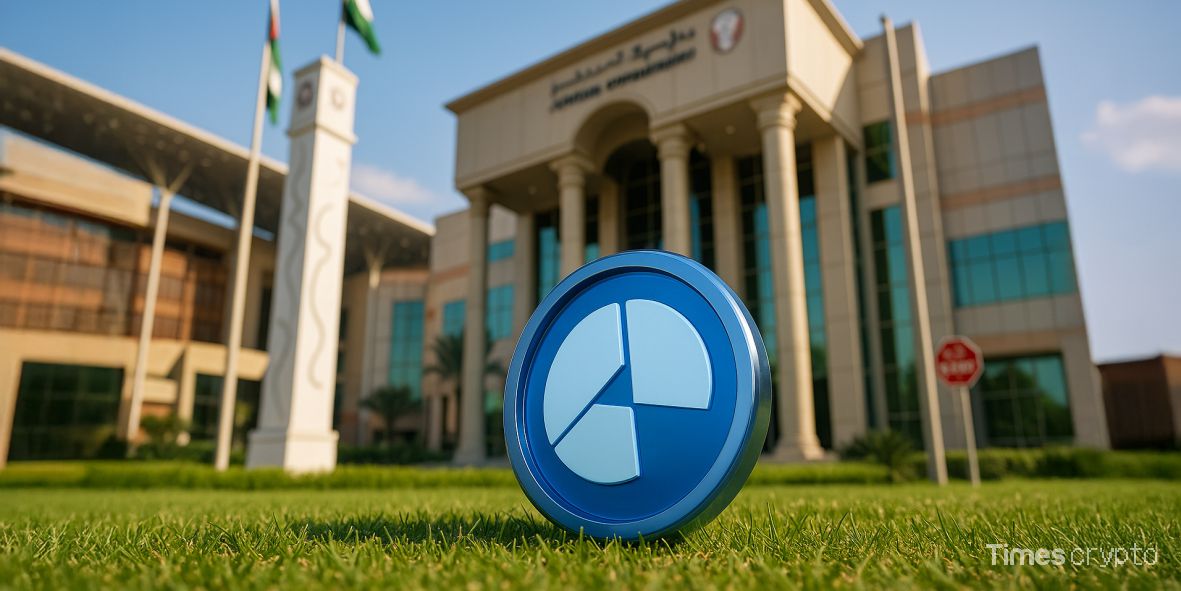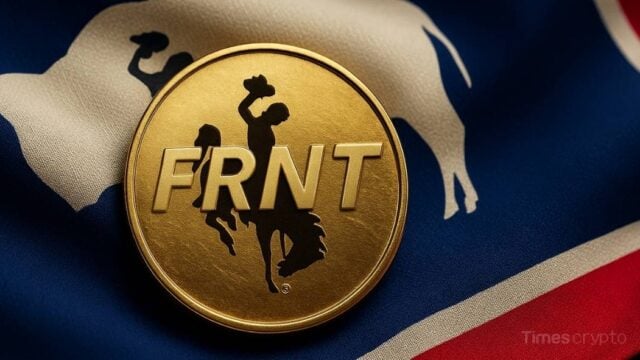Key Takeaways
- The Abu Dhabi Judicial Department (ADJD) is the first government body in the Middle East to accept AE Coin, a dirham-pegged stablecoin, for court-related payments.
- Through the AEC Wallet developed along with Al Maryah Bank, residents can now pay legal fees, register cases, and access other court services digitally, eliminating paperwork and improving transparency with blockchain verification.
- AE Coin operates under UAE Central Bank regulation, distinguishing it from volatile or unregulated cryptocurrencies and ensuring stability, legal compliance, and institutional trust.
- AE Coin’s use has extended beyond courts into everyday commerce, including taxis, airlines, and retail stores, creating a multi-sector digital payment ecosystem.
- The UAE’s success with AE Coin may lead to its adoption in other public sectors like healthcare and municipal services, reinforcing the nation’s leadership in digital economy integration across the region.
Revolutionary Legal Service Access With Stablecoins
The UAE has solidified its position as the Middle East’s digital finance pioneer after Abu Dhabi’s court system began processing legal fees through blockchain technology. The Abu Dhabi Judicial Department (ADJD) can now process payments using the AE Coin, a stablecoin whose value remains pegged to the UAE dirham.
Following the development, ADJD becomes the first government entity in the Middle East to officially accept the AE Coin as a digital payment method for court-related transactions. The initiative is a milestone in the UAE’s journey toward a fully integrated digital economy and sets the stage for a new era in digital government payments. The ADJD tweeted about the development on X:
Al Maryah Bank engineered the technical backbone enabling this digital transformation. The collaboration introduces the AEC Wallet platform, which residents can use to complete court transactions without traditional banking delays or physical visits to payment centers. They can now handle case registrations, document fees, and various court-related expenses through the AEC Wallet. The system eliminates paper trails, reduces administrative overhead, and provides transparent transaction records through blockchain verification.
“This partnership reflects our dedication to continuously modernise the judicial ecosystem and legal services,” said Counsellor Yousef Saeed Al Abri, ADJD’s undersecretary. His statement underscores the department’s commitment to Sheikh Mansour bin Zayed Al Nahyan’s vision for technological judicial modernization.
Central Bank Regulation Ensures Stability
AE Coin operates under UAE Central Bank oversight, distinguishing it from unregulated cryptocurrencies that often face government skepticism. This regulatory framework provides institutional confidence while maintaining the efficiency benefits of digital assets.
Since it’s directly pegged to the Dirham, there are no volatility concerns that typically discourage adoption of digital currencies. With stablecoins, users experience cryptocurrency convenience without exposure to market fluctuations that characterize Bitcoin or Ethereum.
IED Stablecoin, the fintech company managing AE Coin operations, designed the platform specifically for regulatory compliance within UAE financial laws. IED general manager Ramez Rafiq emphasized that government adoption validates the company’s approach to building compliant blockchain infrastructure.
Broader Digital Economy Integration Accelerates Growth
The adoption of AE Coin extends well beyond the courtroom. Mbank has integrated the stablecoin into various sectors of everyday commerce, creating a unified digital ecosystem. For example, AE Coin is now accepted for taxi fares through Tawasul Transport, flight bookings with Air Arabia, and payments at select retail outlets. This approach addresses a critical challenge facing digital currency adoption – limited utility.
The UAE’s approach contrasts sharply with other regional governments that remain cautious about digital currency integration. The country previously launched comprehensive digital identity systems, smart city initiatives, and artificial intelligence strategies that have positioned it ahead of regional competitors.
The judicial department’s success may accelerate similar implementations across federal ministries, healthcare systems, and municipal services throughout the Emirates.
For more UAE crypto-related stories, read: UAE’s Mbank Launches Regulated AED Escrow for Crypto Conversions via Changer.ae







